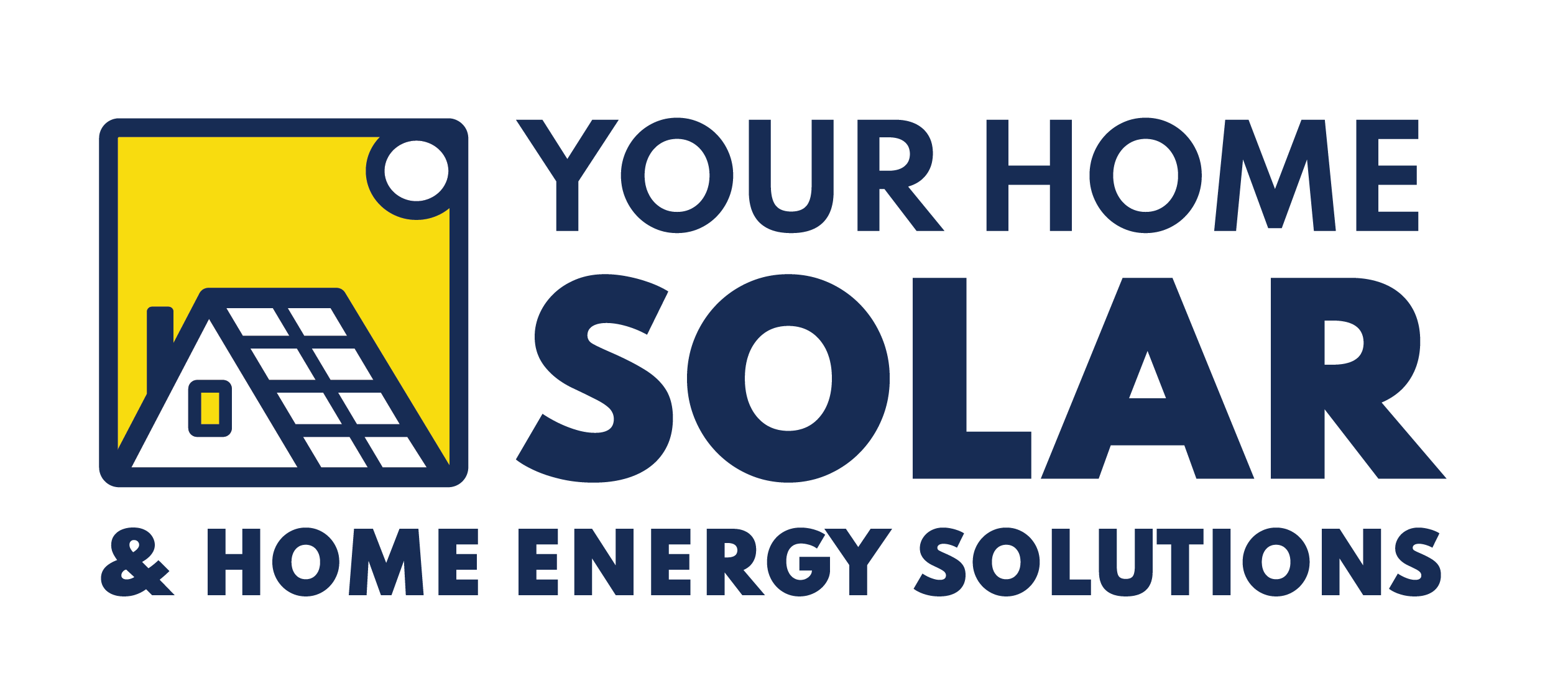Solar energy has gained popularity over the years, but there are still many misconceptions surrounding this renewable energy source. It's important to separate fact from fiction to make informed decisions about adopting solar power for your home or business. Here, we debunk some of the most common myths about solar energy.
Myth 1: Solar Panels Don’t Work in Cloudy or Cold Climates
Fact: Solar panels can generate electricity even on cloudy days. While it’s true that they are most efficient in direct sunlight, modern solar technology allows panels to produce energy in diffuse light conditions as well. Cold climates can actually be beneficial, as solar panels work more efficiently in cooler temperatures.
Myth 2: Solar Panels Are Too Expensive
Fact: The cost of solar panels has dropped significantly in the past decade, making solar energy more affordable than ever. Various financing options, government incentives, and tax credits can further reduce the upfront costs, making it a viable option for many homeowners.
Myth 3: Solar Panels Require Constant Maintenance
Fact: Solar panels require very little maintenance. Most systems only need occasional cleaning and an annual inspection to ensure they are functioning correctly. The lack of moving parts means there’s minimal wear and tear, contributing to the longevity and reliability of the panels.
Myth 4: Solar Energy Systems Are Too Complicated to Install
Fact: Professional solar installers handle all the technical aspects of solar energy system installation. They assess your energy needs, design the system, obtain necessary permits, and install the panels. The process is streamlined to make it as hassle-free as possible for homeowners.
Myth 5: Solar Panels Will Damage Your Roof
Fact: When installed correctly, solar panels can actually protect the part of the roof they cover. Professional installers ensure that the panels are securely mounted without causing leaks or structural damage. In many cases, the panels can extend the life of your roof by shielding it from the elements.
Myth 6: Solar Energy Isn’t Reliable
Fact: Solar energy systems are incredibly reliable, with many systems operating efficiently for over 25 years. Solar power is predictable and consistent, and with battery storage options, you can store excess energy for use during cloudy days or at night, further increasing reliability.
Myth 7: Solar Panels Are Bad for the Environment
Fact: Solar panels are a clean energy source and have a significantly lower environmental impact compared to fossil fuels. They reduce greenhouse gas emissions, air pollution, and dependence on non-renewable resources. Additionally, solar panels can be recycled at the end of their life cycle.
Myth 8: You Need Direct Sunlight All Day for Solar Panels to Work
Fact: While direct sunlight maximizes energy production, solar panels can still generate electricity with partial sunlight. The panels are designed to capture various wavelengths of light, allowing them to produce energy even when the sun isn’t directly overhead.
Myth 9: Solar Panels Will Decrease the Aesthetic Appeal of Your Home
Fact: Modern solar panels are designed to be sleek and low-profile, blending in with the aesthetics of your home. There are also options for integrating solar panels into the roof design itself, making them less noticeable and more visually appealing.
Myth 10: You Can’t Use Solar Energy If You Plan to Move Soon
Fact: Solar energy systems can increase your home’s value, making it more attractive to potential buyers. Homes with solar panels often sell faster and at higher prices. If you decide to move, the investment you made in solar energy can still pay off.
Conclusion
Understanding the facts about solar energy can help you make an informed decision about switching to this renewable energy source. Solar power is a reliable, cost-effective, and environmentally friendly option that offers numerous benefits. By debunking these common myths, we hope to encourage more homeowners to consider the advantages of solar energy for their homes.

